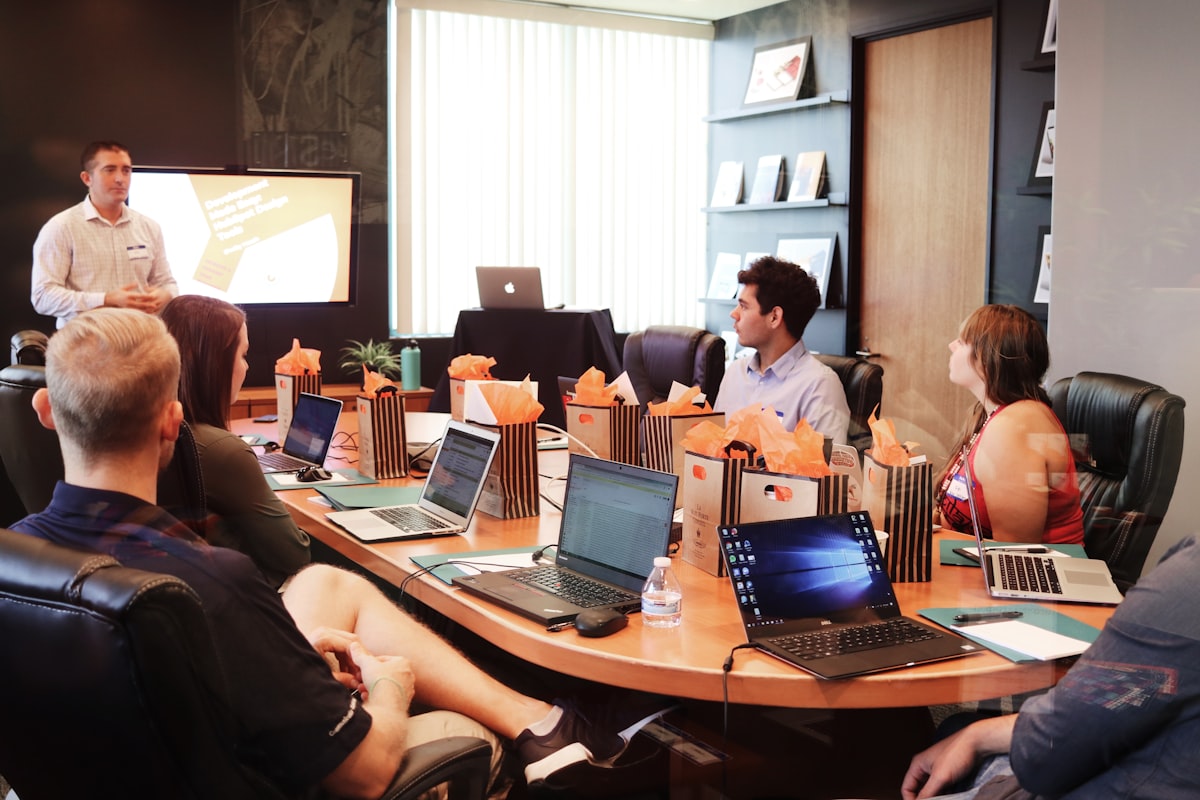Apple and OpenAI Lose Bid to Dismiss Elon Musk’s xAI Antitrust Lawsuit

Apple and OpenAI have suffered an early setback in their legal battle with Elon Musk’s xAI and X Corp. A U.S. federal judge in Texas has refused to dismiss xAI’s antitrust lawsuit, meaning the case will move forward instead of being thrown out at the earliest stage. For Musk and his AI startup, simply keeping the lawsuit alive is already a significant victory in the fight over how AI assistants and smartphone platforms are allowed to compete.
Table of Contents
Background: Why xAI Sued Apple and OpenAI

In 2025, Elon Musk’s xAI and his social-media company X filed an antitrust lawsuit against Apple and OpenAI in a federal court in Texas. The complaint accuses Apple and OpenAI of entering into an exclusive partnership that allegedly gives OpenAI’s ChatGPT a dominant position on Apple devices, while making it harder for rival AI apps such as xAI’s Grok to compete.
According to the lawsuit, Apple’s deep integration of ChatGPT into iOS through “Apple Intelligence” and Siri, combined with how apps are ranked and featured in the App Store, creates an unfair advantage for OpenAI. xAI argues that this arrangement locks up both the smartphone market and the generative-AI chatbot market, effectively sidelining competitors and limiting consumer choice.
What the Judge Just Decided

Apple and OpenAI responded to the lawsuit by filing motions to dismiss, asking the court to throw out the case before any detailed fact-finding could begin. They argued that xAI’s allegations did not add up to a valid antitrust claim under U.S. law.
A U.S. District Judge rejected those motions. In simple terms, the court ruled that xAI’s allegations are serious enough and detailed enough to deserve a full hearing. The judge emphasized that this decision is not a final judgment on who is right; instead, it means the case will proceed to the next stages, including discovery and possibly a trial or summary judgment later on.
For the non-lawyer: a motion to dismiss is like asking the referee to end the game after reading just the rulebook and the opening complaints. By denying that motion, the judge is saying, “There is enough here that we need to play the game and look at the evidence.”
Key Arguments in the Antitrust Battle

1. xAI’s Antitrust Theory
xAI and X claim that Apple and OpenAI are working together to protect their power in two overlapping markets:
- The market for premium smartphones and mobile operating systems.
- The market for generative AI chatbots and assistants.
The lawsuit argues that:
- Apple’s integration of ChatGPT as a default or preferred assistant disadvantages competing AI apps, including Grok.
- App Store rankings and featuring practices allegedly downplay rival products, making it harder for users to even discover alternatives.
- OpenAI benefits from exclusive access to massive volumes of user interactions on Apple devices, reinforcing its lead in generative AI.
2. Apple and OpenAI’s Defense
Apple and OpenAI have publicly rejected Musk’s accusations. Their core counterpoints can be summarized as:
- The partnership is a pro-consumer innovation that makes powerful AI tools easier to use on Apple devices.
- The smartphone and AI assistant spaces remain highly competitive, with numerous rival ecosystems and models in the market.
- xAI’s complaint exaggerates Apple’s control and misrepresents how App Store featuring and rankings actually work.
By denying the motion to dismiss, the judge is not saying that xAI’s theory is correct, only that it is plausible enough to warrant deeper examination.
Why This Ruling Is a Setback for Apple and OpenAI

For Apple and OpenAI, the goal of a motion to dismiss is to end the lawsuit quickly, cheaply, and quietly. Losing that motion has several consequences:
- Discovery will begin: xAI can now seek internal emails, documents, and data from both companies to try to prove its claims.
- Public scrutiny increases: The case will keep AI competition and App Store practices in the headlines, adding pressure on both companies while regulators around the world are already examining Big Tech behavior.
- Legal costs rise: The longer the case continues, the more resources Apple and OpenAI must devote to litigation, on top of their other regulatory battles.
Importantly, this setback comes at a time when Apple is already facing separate antitrust challenges from U.S. and European authorities over its ecosystem rules, while OpenAI is under intense spotlight for its rapid growth and partnerships.
What It Means for AI Competition

Beyond the courtroom drama, the case raises a bigger question: how should competition work in the era of AI assistants built into phones, cars, and apps?
If xAI ultimately persuades the court that Apple and OpenAI have structured things to unfairly block rivals, the outcome could:
- Force changes in how AI assistants are integrated into smartphone operating systems.
- Lead to new rules about “default” AI services and the ability for users to pick alternatives.
- Encourage other AI startups to challenge similar deals if they feel locked out of major platforms.
On the other hand, if Apple and OpenAI eventually win, the ruling might strengthen the legal comfort zone for deep, exclusive partnerships between hardware platforms and leading AI models.
What Happens Next in the Case?

With the motion to dismiss denied, the lawsuit moves into more detailed phases:
- Discovery: Both sides exchange documents, emails, and data, and key executives may be deposed under oath.
- Expert analysis: Economists and industry experts may be brought in to define markets, measure power, and evaluate whether consumer harm exists.
- Summary judgment or trial: After discovery, the parties can ask the judge to decide the case without a trial, or the case may go to a jury.
- Potential remedies: If xAI eventually wins, remedies could include damages, changes to Apple’s integration and App Store rules, or limits on how exclusive AI partnerships are structured.
All of that will take months or even years to play out. The denied motion is only an early chapter, but one that keeps the pressure on Apple and OpenAI.
Frequently Asked Questions (FAQ)
1. Does this ruling mean Apple and OpenAI are guilty?
No. The judge’s decision only means that xAI’s claims are strong enough to be investigated further. Guilt or liability is decided later, after evidence is reviewed in detail.
2. What is a motion to dismiss?
A motion to dismiss is a request to end a case before it really begins, usually on the grounds that the complaint does not state a valid legal claim even if all the alleged facts were true.
3. Why is Elon Musk involved through xAI and X?
Musk’s companies xAI and X say they are direct victims of the alleged anticompetitive behavior. They argue that Apple and OpenAI’s partnership makes it harder for Musk-owned products like Grok and the X app to compete on Apple devices.
4. Could this affect ordinary iPhone users?
Potentially. If xAI wins and courts or regulators require changes, you might see more explicit options to choose different default AI assistants or alternative app store rules that give competing AI apps more visibility.
5. Is this the only legal fight involving Apple, OpenAI, and AI?
No. Apple is involved in separate antitrust cases over its broader ecosystem, and OpenAI faces other lawsuits about AI competition and training data. This xAI case is part of a much larger global debate over the power of big tech and major AI companies.
Conclusion

The failure of Apple and OpenAI to dismiss Elon Musk’s xAI antitrust lawsuit does not settle the question of who is right. But it does ensure that their partnership and the structure of AI competition on smartphones will face intense legal and public scrutiny. As discovery unfolds, this case may help define what fair competition looks like in an era where AI assistants are becoming as fundamental as web browsers and search engines once were.
For now, one thing is clear: the battle for control over AI on your phone is not just a technology story. It’s a legal and economic story too—and this ruling guarantees that the next chapters will be written in court.

























